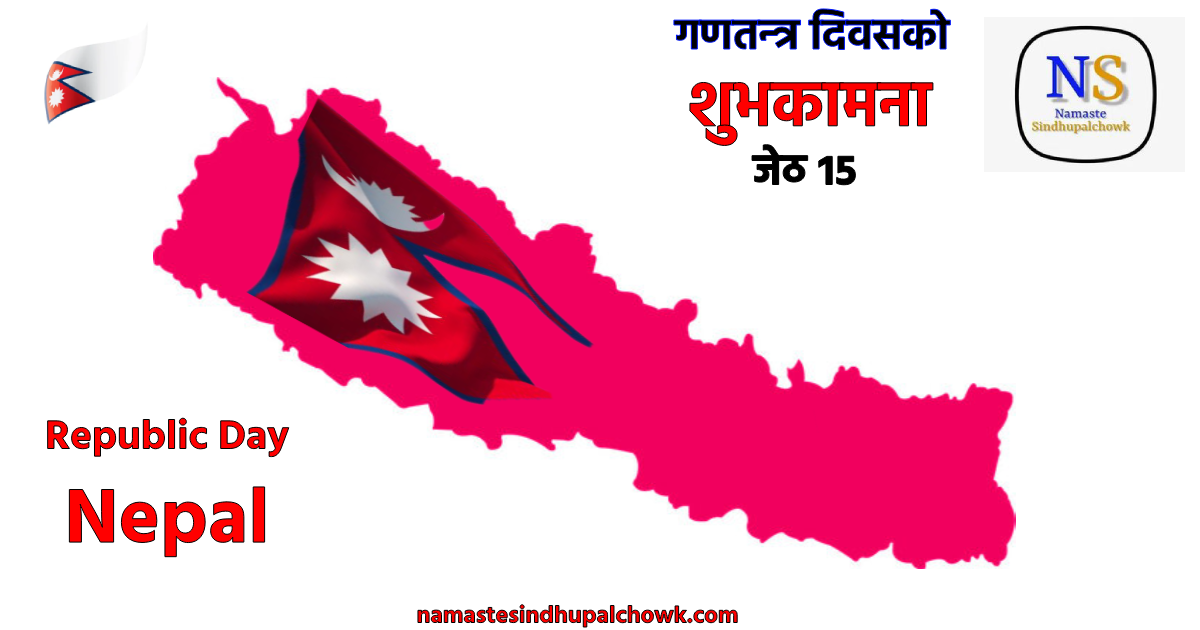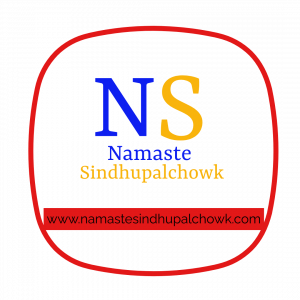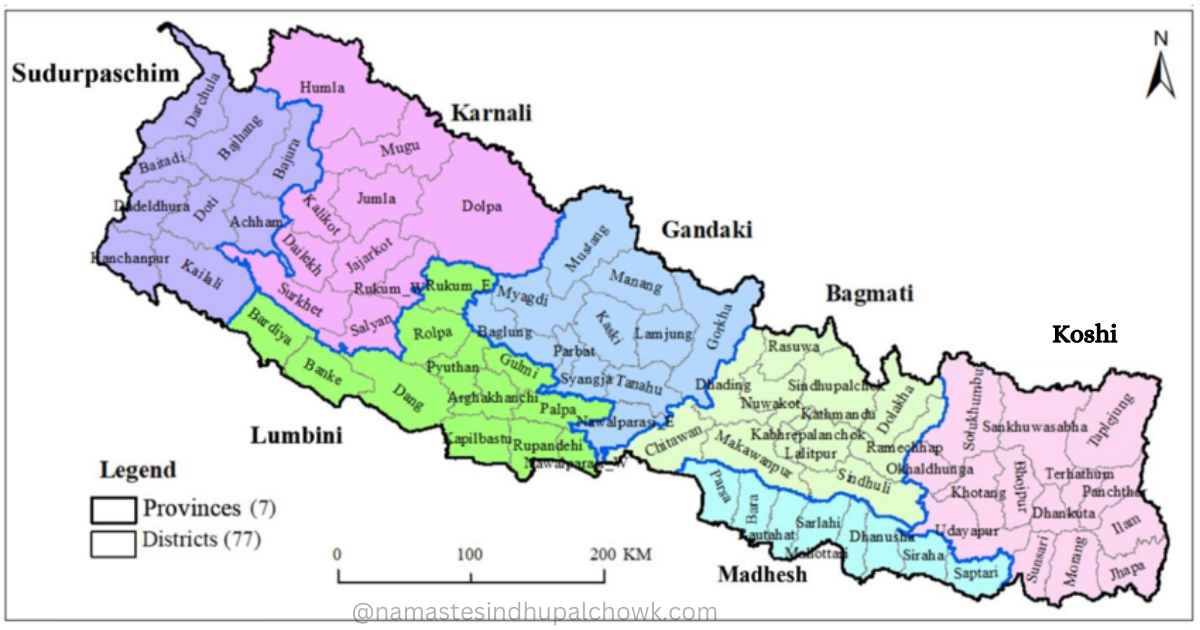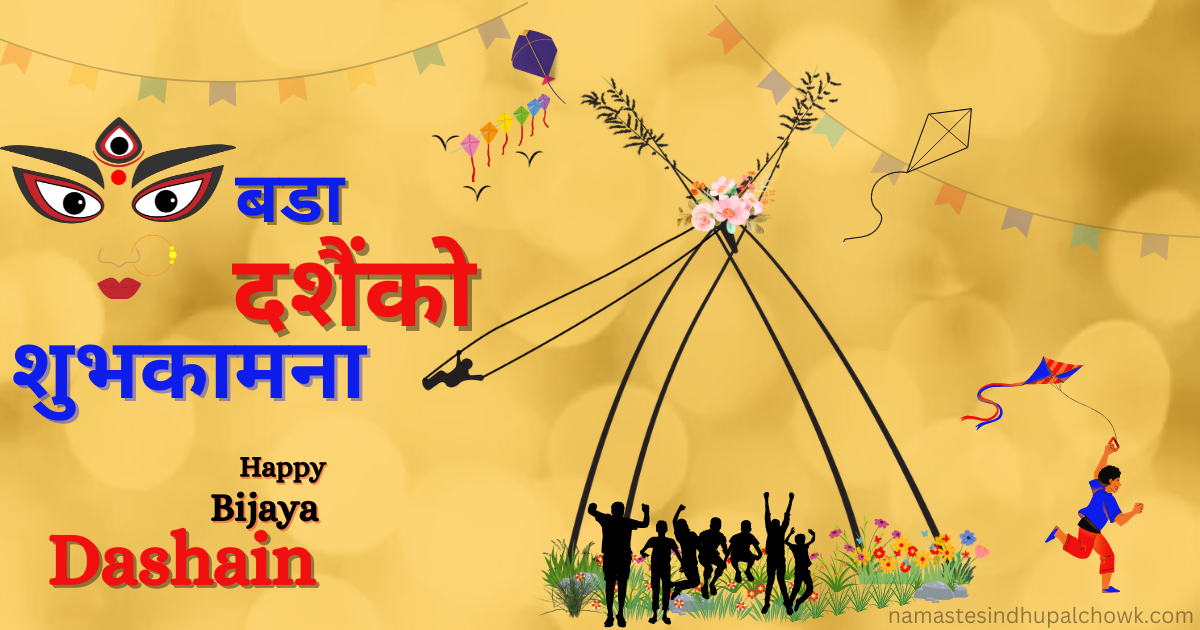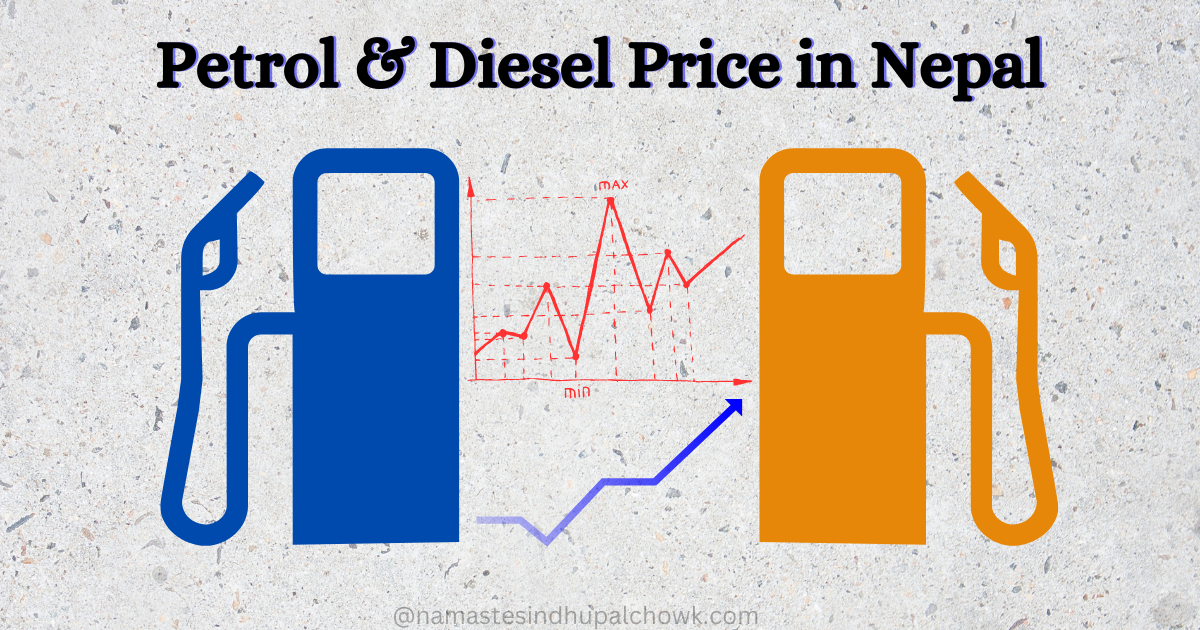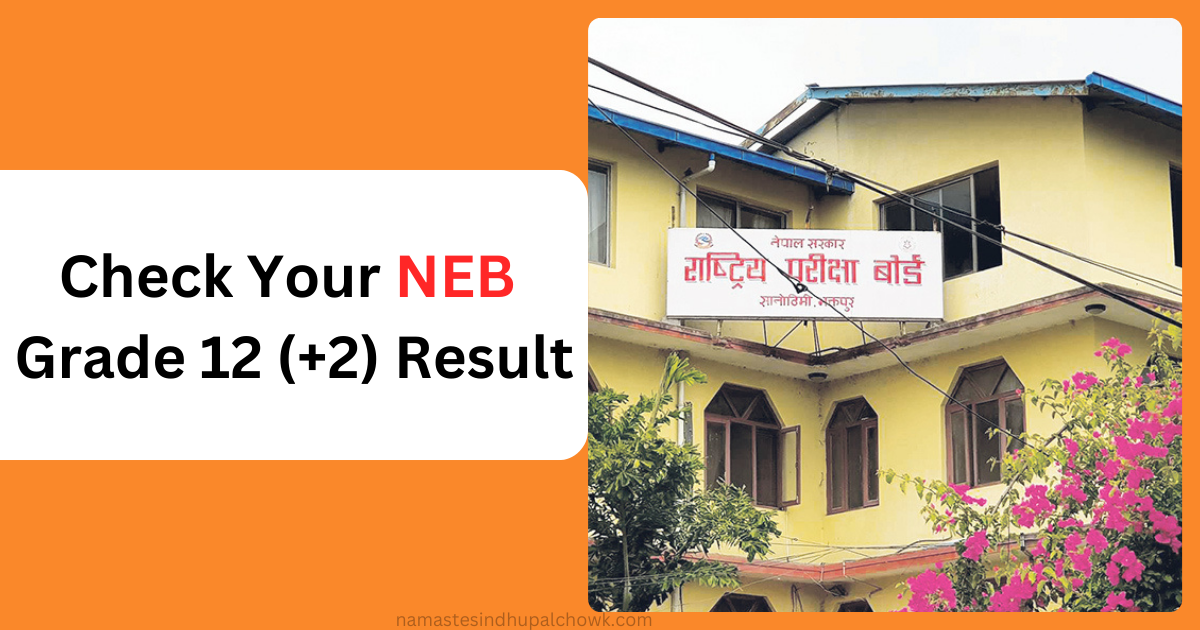The republican system of government is as a contemporary state system worldwide. A republic refers to a government system where ordinary citizens govern by eliminating the hereditary system. In this system, President leads the country rather than a monarch, as monarchy is based on heredity. On the other hand, in a Republic government, representatives chosen by the people elects the President in the country.
The system of running the state in modern times is considered sophisticated, as it allows common people to attain the highest positions in the country. Additionally, Nepal celebrates Republic Day every year on the 15th of Jestha (May 28/29).
On this occasion, the government presents the annual budget to the Legislative Assembly, detailing the country's income and expenditure. In other words, In Nepal every year on the 15th of Jestha, the Minister of Finance presents the annual budget in the House of Representatives.
Read Also:
Republic Day in Nepal
Nepal celebrates Republic Day (गणतन्त्र दिवस) as a significant national holiday every year on May 29th. It marks the establishment of Nepal as a federal democratic republic and the elimination of the monarchy. This momentous event occurred on May 28, 2008, signifying a monumental shift in Nepal's political system and governance.
The journey towards republicanism in Nepal was the result of a long struggle and a series of political movements. The monarchy, which had been the dominant political institution for centuries, came to an end with the declaration of a republic. This ushered in a new era in Nepal's history, highlighting the values of democracy, equality, and representation.
Republic Day in Nepal celebrates various ceremonies, parades, and cultural programs that showcase the rich diversity and heritage of the country. Similarly, Colourful processions, featuring traditional costumes, music, and dance, are organized to honour Nepal's cultural identity. And, Schools, colleges, and organizations arrange special programs that emphasize the importance of republicanism and the values it represents.
Furthermore, Republic Day serves as a time for reflection and introspection in Nepal. It prompts the nation to contemplate the progress achieved in terms of democratic governance, political stability, and social development. Surely, It reinforces the principles of inclusivity, human rights, and the rule of law. Ultimately, Republic Day is a joyous occasion that celebrates the collective aspirations of the people and their unwavering commitment to a brighter future.
History of Establishment of Republic in Nepal
Nepal has a history of rapid political changes. It has transitioned from an autocratic regime to a democratic system in a short period of time, gaining valuable experience. After the overthrow of the autocratic Rana rule in 2007, significant transformations occurred in Nepal's political and state systems.
In the years following 2052 BS, important political events took place in Nepal. The Maoist Party led the People's Movement with the aim of establishing a modern state system, equality, and federalism.
During this time, Nepal saw many political changes, protests, and acts of violence. One of the most horrifying incidents was the Narayanhiti Darbar Massacre, which resulted in the overthrow of King Birendra's dynasty. King Gyanendra took the throne after the massacre and imposed a ban on political parties while dismissing the prime minister.
Meanwhile, Nepal experienced more political changes, protests, and killings. The Narayanhiti Darbar Massacre was a significant event that shook the nation. It led to the overthrow of King Birendra's dynasty and the return of Gyanendra as the king. King Gyanendra was concerned about the unfolding political and geopolitical events, which prompted him to ban political parties and dismiss the prime minister.
Later, with the involvement of various political parties, Maoists, and civil society, Nepal witnessed the second mass movement in 2062-63 BS. This movement lasted for 19 days and forced King Gyanendra to leave Narayan Hiti, returning power to the people. Following the People's Movement and the People's Movement, an election for the Constituent Assembly was held in accordance with the interim constitution. The assembly's inaugural session took place on Jestha 15, 2065 BS (May 28, 2008), where the monarchy was abolished and Nepal was declared a republic.
Celebration of Republic Day in Nepal
Republic Day is a joyous occasion celebrated nationwide with excitement and a sense of patriotism. The focal point of the celebration is in the capital city of Kathmandu, where the President of Nepal raises the national flag at the Tundikhel parade ground. Likewise, The event sees the presence of political leaders, government officials, foreign dignitaries, and a significant number of citizens.
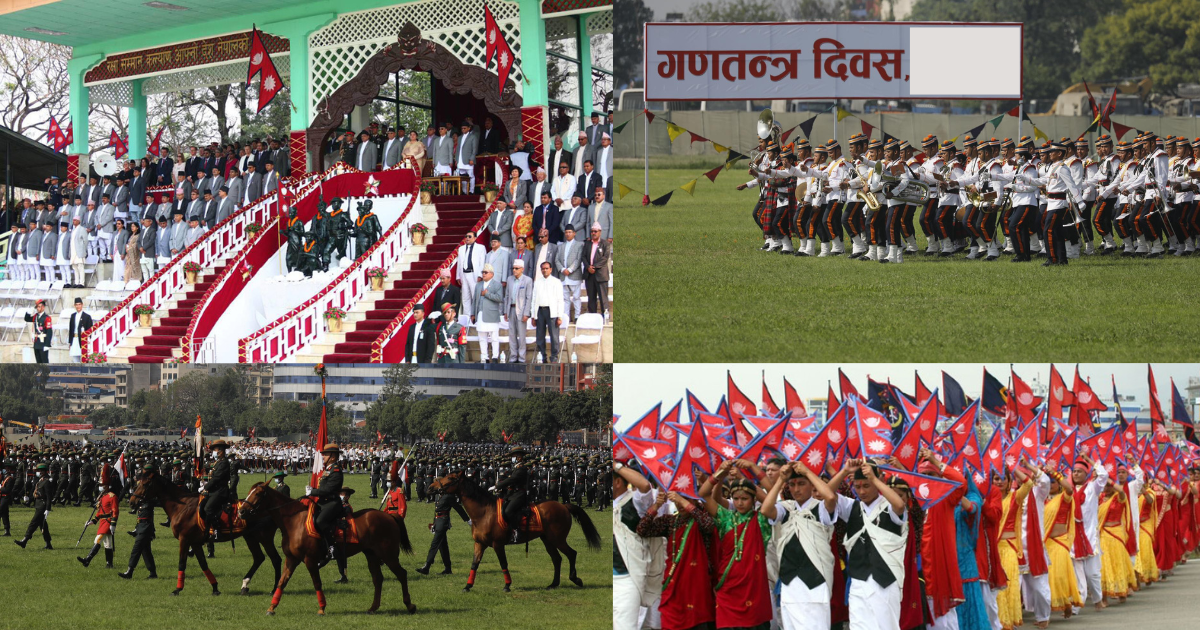
Republic Day in Nepal is a significant event that showcases the country's democratic spirit and unity through various events and activities. Likewise, The entire nation celebrates this day with immense enthusiasm and pride. The celebrations encompass both official ceremonies organized by the government and grassroots initiatives. Now, let's take a look at the typical celebrations of Republic Day in Nepal:
1. Flag Hoisting
The main event takes place in the capital city of Kathmandu, where the President of Nepal hoists the national flag at the Tundikhel parade ground. Similarly, Government officials, foreign dignitaries, and a large gathering of citizens attend this programme.
2. Parades & Marches
People in Nepal celebrate Republic Day with parades and marches held throughout the country. And, These vibrant processions involve members of the military, police, and different community organizations. On this occasion, Participants dress in traditional attire, proudly carrying the national flag, while lively music bands create an energetic ambience.
3. Cultural Programs
Schools, colleges, and community organizations arrange cultural programs to showcase Nepal's rich diversity and heritage. Moreover, these events feature traditional dances, music performances, and theatrical presentations that reflect different ethnic groups and their cultural traditions.
4. Speeches and Public Addresses
Republic Day is marked by speeches and public addresses delivered by political leaders and dignitaries. They eloquently emphasize the significance of Republic Day and shed light on the values of democracy, equality, and progress. Additionally, they acknowledge the nation's achievements and challenges.
5. Essay and Speech Competitions
Educational institutions frequently organize essay and speech competitions to encourage students to reflect on the importance of Republic Day. These competitions provide an opportunity for students to express their thoughts on democracy, citizenship, and national unity.
6. Public Gatherings and Rallies
Republic Day inspires citizens to gather in public spaces and actively participate in rallies, discussions, and forums. These gatherings serve as platforms for open dialogue, engagement, and reflection on various social and political issues. Consequently, they contribute to the nation's progress as a federal democratic republic.
7. Social Awareness Campaigns
Republic Day also serves as an occasion for organizations and activists to launch social awareness campaigns. These campaigns raise awareness of civic rights, environmental conservation, gender equality, and social justice. Notably, they aim to inspire positive change and promote active citizenship.
8. National Television Broadcasts
The celebrations of Republic Day are broadcasted live on national television, allowing citizens across the country to witness and be part of the festivities. Through comprehensive coverage, these broadcasts capture the flag-hoisting ceremony, parades, cultural performances, and speeches, ensuring widespread engagement and participation.
In summary, Republic Day in Nepal is a significant event that marks the formation of Nepal as a federal democratic republic. It's a day to celebrate, reflect, and reconfirm the nation's dedication to democracy, equality, and progress. Likewise, It represents the shared hopes and determination of the Nepali people to create a prosperous and inclusive society.
"HAPPY REPUBLIC DAY TO ALL"
